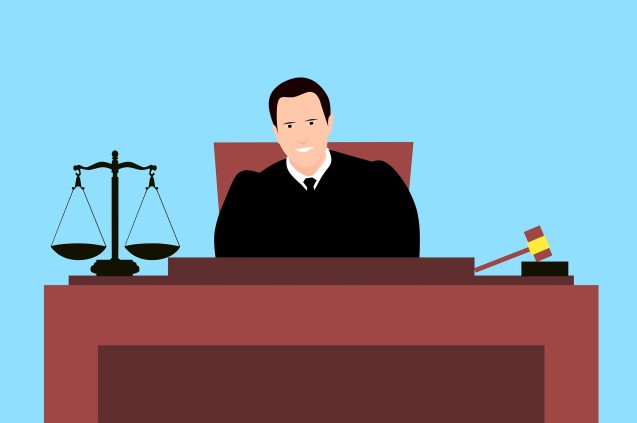Expert declarations opposing summary judgment ordinarily do not need an extensive analysis, and evidentiary objections ordinarily must be ruled upon or else deemed denied. But in a 2-1 decision out of the Fourth Appellate District, Division Three in Menges v. Dep't of Transp., G057643 (Cal. Ct. App. Dec. 24, 2020), that was not the case.
After an auto accident at the bottom of an off-ramp, plaintiff sued CalTrans for negligently designing the off-ramp. CalTrans moved for summary judgment, arguing it was entitled to design immunity because the off-ramp design had been in compliance at the time of construction in 2008. The trial court granted summary judgment, finding the design plans reasonable and finding plaintiff had failed to establish the project had not been build according to the plans.
In a split decision, the Fourth District affirmed. After CalTrans established its design immunity defense, plaintiff argued the trial court should have credited her experts' declarations that CalTrans had failed to actually build the off-ramp in conformity with the plans. Presiding Justice O'Leary, joined by Justice Bedsworth, rejected this argument because plaintiff's experts lacked foundation for their conclusions. Although CalTrans failed to ensure the trial court ruled on its foundation objections, the Court inferred the trial court had agreed the declarations lacked foundation, and the Court agreed CalTrans' objections were "convincing."
In dissent, Justice Thompson takes the majority to task for breaking with precedent concerning unruled-upon objections concerning a summary judgment motion. When the trial court fails to rule on such objections, the reviewing court is required to presume the trial court overruled them. (Reid v. Google, Inc. (2010) 50 Cal.4th 512, 534.)
Moreover, Justice Thompson went on, there was nothing objectionable about the expert declarations, which are only required to set forth their factual conclusions.
And further, Justice Thompson notes the majority proceeded to weigh the relative credibility of the parties' experts, which is "patently improper" on summary judgment. If the court is to give any weight to the evidence in the context of a summary-judgment motion, it is supposed to "strictly construe the evidence of the moving party and liberally construe the evidence of the opposing party; and we must resolve all evidentiary doubts or conflicts and indulge all reasonable inferences in favor of the opposing party."
Justice Thompson then provides an exhaustive analysis of several design immunity cases, concluding the defendant-friendly "substantial evidence" minimum threshold does not apply to the question whether CalTrans constructed the project in conformity with the plans, a question which must go to the jury.
A final good reminder in MSJ practice: The Court also found the trial court did not abuse its discretion in refusing to continue the hearing on the motion. While such a continuance is mandatory when requested in an affidavit demonstrating the continuance is needed to obtain additional facts (Code Civ. Proc., § 437c(h)), plaintiff submitted no affidavit, instead making the request at the end of the hearing.
Tim Kowal helps trial attorneys and clients win their cases and avoid error on appeal. He co-hosts the Cal. Appellate Law Podcast at www.CALPodcast.com, and publishes a newsletter of appellate tips for trial attorneys at www.tvalaw.com/articles. Contact Tim at tkowal@tvalaw.com or (714) 641-1232.

